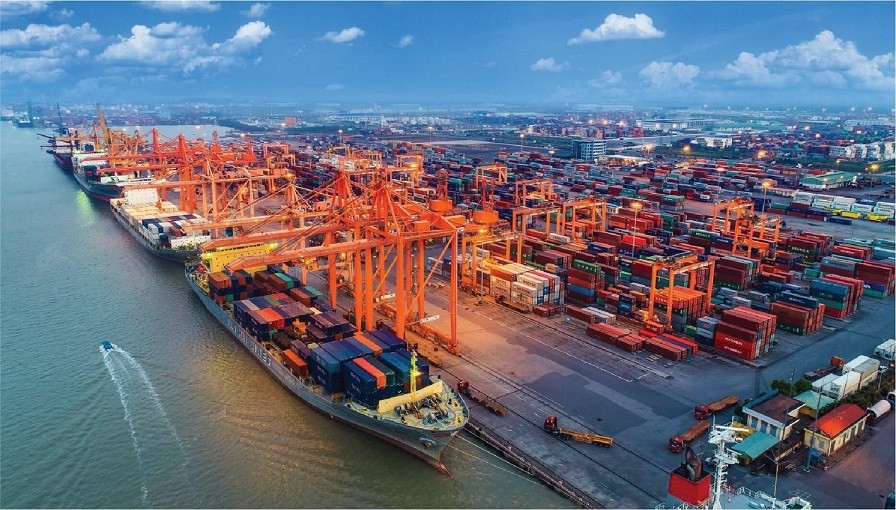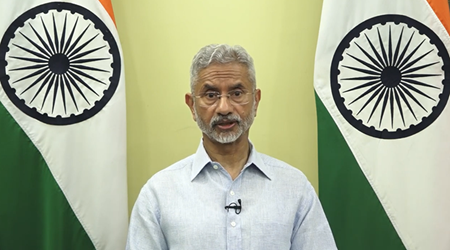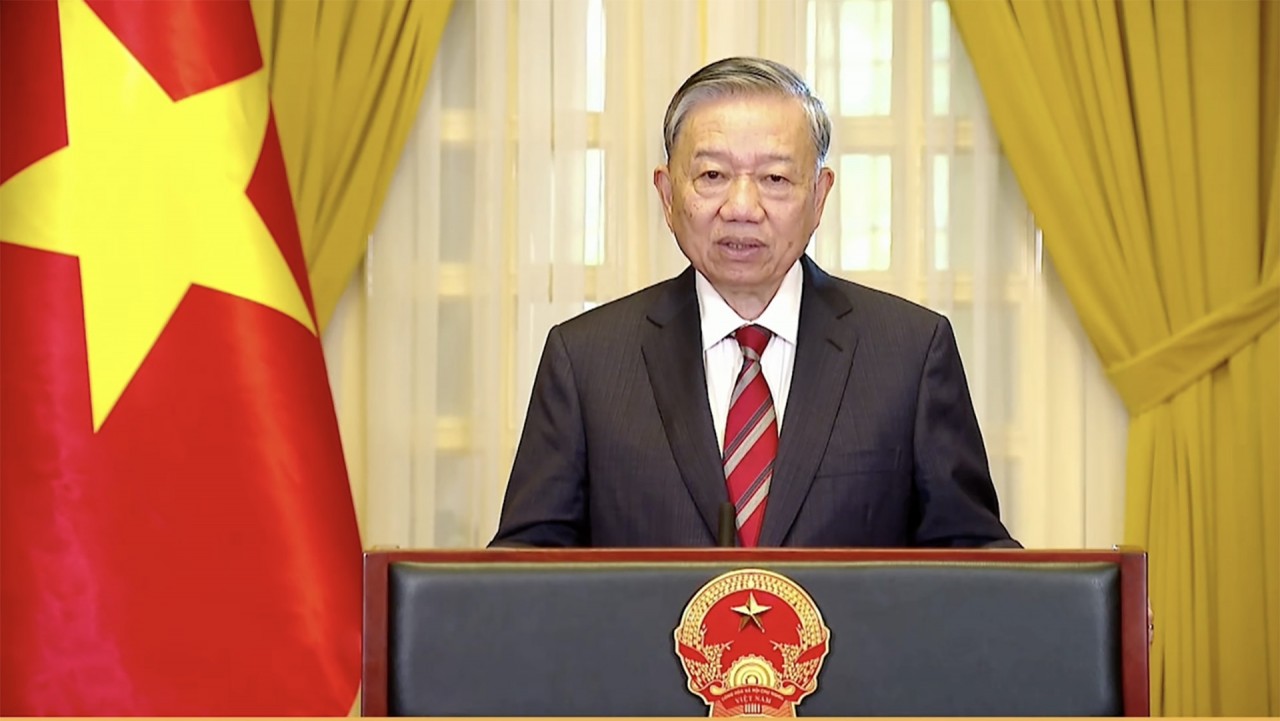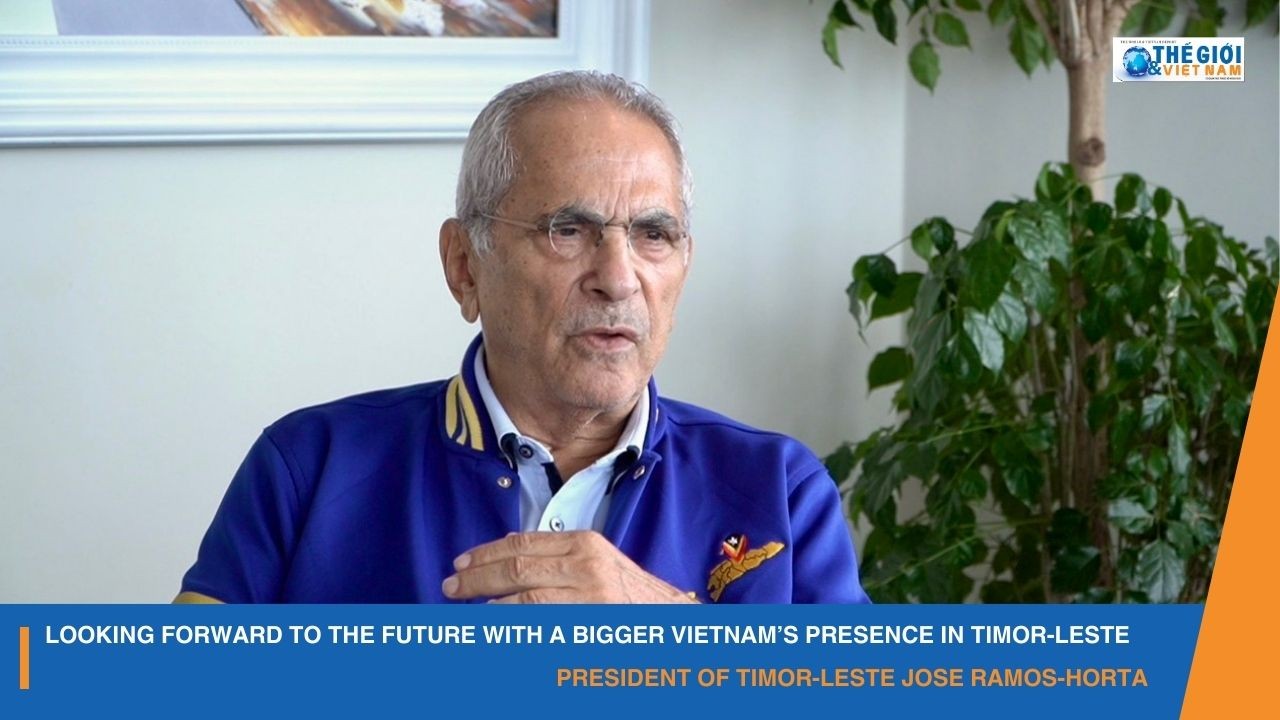
Expert: Vietnamese CEOs need to seize opportunities in a post-COVID-19 world
Latest
| TIN LIÊN QUAN | |
| Two new COVID-19 cases announced on April 8 morning | |
| Four new infection cases of COVID-19 take total to 249 on April 7 | |
 |
| Dr Burkhard Schrage. |
Dr Burkhard Schrage, Program Manager for Management, Lecturer for MBA and Master of Global Trade programs at RMIT Vietnam School of Business & Management had a quick discussion with The World & Vietnam Report about the world after the COVID-19 pandemic.
The COVID-19 pandemic has caused businesses in Vietnam and across the world many problems in terms of sales and production inputs etc. The damage is quite evident. However, is there any glimmer of hope or sign of opportunity that businesses can grab on during these hard times? If yes, how can they do it?
While the COVID-19 pandemic is deeply worrying for people and disruptive for most organizations, this should serve as a wake-up call for businesses. As research has shown, required organizational change is difficult to implement, as it meets resistance from employees. This external shock to the organization can be the ideal moment to review the current business processes, such as hiring and workforce practices, the supply and distribution chains, product development, and financial operations and strategies.
After review, careful implementation of new processes will make the business more competitive in the long run. Many of these new processes are required anyway by the “digital disruption”, often touted as a quintessential ingredient to win in the global marketplace. In short, it’s now the time to get your company ready for the future and perhaps the pandemic may be a “blessing in disguise” to sustainably compete in Vietnam and internationally.
Do you have any advice for CEOs to navigate their businesses through these difficult times?
The management consulting firm McKinsey & Company has studied why some businesses do better during a crisis and get out of the crisis in better shape than their competition. Important recommendations from this study and other management practices are:
- “Resolve”: address the immediate challenges to the business. One such immediate challenge is to protect employees and manage the transition to a work-from-home, decentralized workforce. Communicate clearly new responsibilities and processes. But also encourage employees to continue to work as a group. Regular “social chats” on video conferences now replace the chats over lunch or at the watercooler.
- “Resilience”: address the near-term challenges to the business. Identify key risks to your business and plan for different scenarios. Is your business running out of cash? When would you run out of cash? What are the interventions that you would undertake to minimize this scenario? Prudent financial management, re-negotiations with suppliers and landlords may be necessary for this scenario. Is your supply chain at risk? How can you diversify supplies?
- “Return”: create a detailed plan for the post-crisis actions. While it is not possible to know the length of the crisis, you should be ready when the end is sight. Don’t act surprised and let competitors get back to scale faster than you. China has taken between 6 to 8 weeks to restart its economy.
- “Reimagination”: the world will be different after the crisis. McKinsey calls this the “next normal”: consumers will value different features of your products, competitors will compete differently, supply chains will be configured, unlike yesterday. Adapt your business quickly to this new world emerging after the crisis.
98% of Vietnamese businesses are SMEs. What is the immediate strategy that they should employ in order to minimize losses?
This question depends on the nature of how the business is affected by the crisis. Some businesses experience a total shutdown such as hotels and restaurants, some face supply chain issues such as in the textile industry, and others may face drastically decreased demand such as in the retail sector.
Basically, the above recommendations for CEOs apply for those managing SMEs too. SMEs typically can respond to changes in the external environment faster than large firms. This adaptability can provide advantages--if well executed. For example, a plastic bottle producer may produce transparent protective shields for desks in classrooms. The “go-to-market” cycle is just shorter with SMEs—David outsmarted Goliath because he was smaller and more agile!
At the same time, SMEs tend to have stronger financial constraints. Downsizing the workforce should be one of the last options to implement in order to lower the monthly burn rate. What about re-assigning staff to do other tasks that will enhance your business? Some restaurants are getting a fresh coat of paint now, cooking staff are being trained internally, hotel staff have time to learn social media marketing. Be creative with your products and employees, but stay close to your core competence!
After the COVID-19 crisis, what’s the one lesson for businesses so that they are well prepared for future shocks?
In challenging times, businesses with disciplined leadership, high empathy for their employees and fast execution skills will come ahead once the sun rises again.
We still don’t know how the “next normal” will look like. But we know it’s more digital, more agile, more resilient, and with a more flexible workforce. Business leaders have to create a vision of the post-pandemic world and create strategies to achieve this vision. Good execution which has in mind the new rules of the game will ensure the sustainable success of your business.
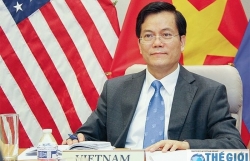 | Ambassador Ha Kim Ngoc: Supporting Vietnamese students is top priority amid COVID-19 outbreak Vietnamese Ambassador to the U.S. Ha Kim Ngoc has affirmed that supporting Vietnamese students is the top priority in its citizen protection efforts amid the ... |
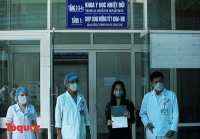 | More COVID-19 patients to be discharged from hospital on April 7 Eighteen COVID-19 patients will leave hospitals on April 7 after their complete recovery, according to the National Steering Committee for COVID-19 Prevention and Control. |
 | Vietnamese, Australian Deputy FMs talks joint work amid COVID-19 pandemic Deputy Foreign Minister and head of the ASEAN Senior Officials' Meeting (SOM) Vietnam Nguyen Quoc Dung on April 6 held phone talks with acting Australian ... |










